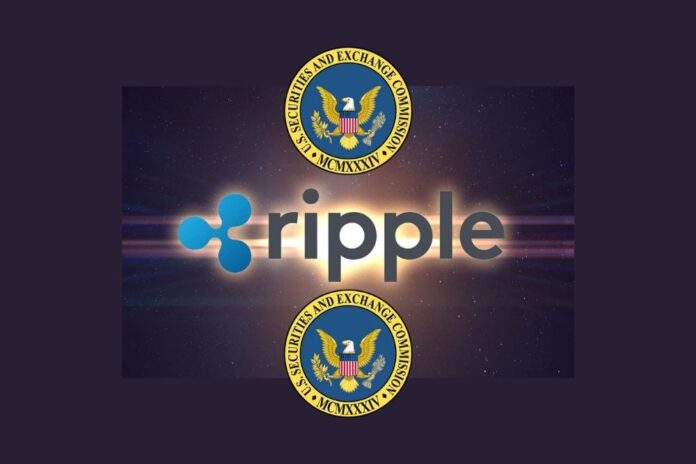The United States Securities and Exchange Commission (SEC) has kept up its fight to resist Ripple and the court as it maintains that emails of William Hinman’s Ethereum speech are its private property.
In a recent reply brief, the SEC defended its objections to a recent court order compelling it to provide the draft emails of William Hinman’s 2018 speech about the securities status of Ethereum (ETH), the second-largest cryptocurrency by market capitalization.
Read Also: Ripple Is Considering Celsius Network Acquisition: Details
Attorney James K. Filan who shared the update on Twitter wrote, “The SEC has filed its Reply Brief in Further Support of its Objection to Magistrate Judge Netburn’s Orders Compelling the SEC to produce the Hinman Speech Materials.”
#XRPCommunity #SECGov v. #Ripple #XRP The SEC has filed its Reply Brief in Further Support of its Objection to Magistrate Judge Netburn's Orders Compelling the SEC to produce the Hinman Speech Materials.https://t.co/CgwzCzmIkF
— James K. Filan 🇺🇸🇮🇪 109k (beware of imposters) (@FilanLaw) August 16, 2022
In the reply brief, the SEC maintained that the draft of the Ethereum speech is irrelevant in its ongoing lawsuit against Ripple.
Secondly, the SEC says even if the speech drafts were relevant in the lawsuit, they are protected by the Deliberative Process Privilege (DPP) because they are pre-decisional and deliberative.
Read Also: Ripple Listed Among 50 Best Medium Workplaces in 2022 by Fortune Magazine
Thirdly, the plaintiff claims that the attorney-client privilege also protects the documents in question because they were made for the purpose of obtaining or providing legal advice.
The regulator further accused Ripple, the cross-border payment firm, of employing a fundamentally inconsistent argument to force the production of the documents in court.
The SEC also refutes Ripple’s claims that the Hinman speech was taken by many to suggest that XRP wasn’t an unregistered security. The regulator even went as far as linking a Fortune article that says XRP would struggle to pass the SEC’s regulatory scrutiny.
Follow us on Twitter, Facebook, Telegram, and Google News


